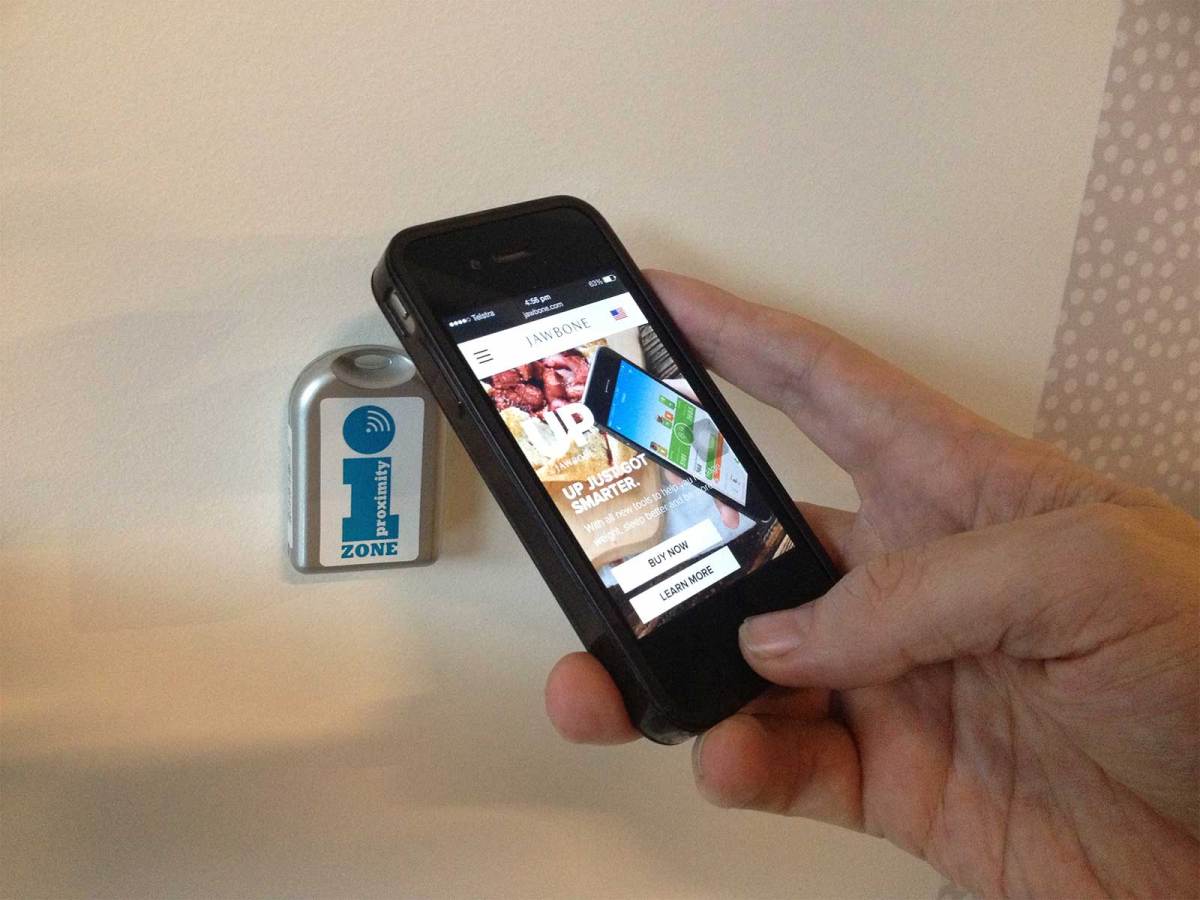Beacons have the potential to provide benefits for retailers in the future, however the current uses for them won’t revolutionise retail and is largely hype, say industry analysts.
Beacons are small, battery operated, low cost, low-energy Bluetooth transmitters which can be used in retail to send information such as promotional offers, coupons or product reviews directly to a consumer’s smartphone based on their location. They also collect a rage amount of data for retailers to analyse based on where the customer is moving.
Users need to opt-in by downloading the corresponding apps that listen out for specific beacons, so your phone won’t be bombarded with unsolicited offers from beacons as you pass them by.
For Adam Silverman, principal analyst at Forrester Research, beacons are in the hype-cycle.
“There is a load of hype around beacons. I am a fan of BLE which is Bluetooth low energy, that’s the technology that enables that connectivity,” he said.
Silverman is also a fan of location context which provides behavioural insights from data gathered based on location, for example knowing where a customer is in-store, how long they were there for, and if they were being assisted by a store associate or traipsing around aimlessly.
“That is absolutely not hype. But the current iteration of beacons today and the influence on retail is completely overhyped. The main reason is because we as retailers haven’t yet found the right use cases for them.”
Despite this, retailers are experimenting with beacons. Silverman said his research showed that 70 per cent of retailers with a mature mobile strategy (meaning they’ve been working on mobile for three years) are deploying beacons in pilot, but not in a way that resolves any real “customer pain points.”
“We are stuffing the technology into stores because it is fairly cheap. Most of the technology lives within the users’ mobile phone; that’s the really expensive part. The beacon is not the expensive part and you have venders that are able to supply turnkey solutions for small deployments. So it’s really cheap to.”
Most uses of beacons push promotional offers to customers offering them a discount, which isn’t always the best move for a retailer. “Margin is everything, so if we are just thinking about offers when it comes to in-store engagement we’re completely missing the mark,” Silverman said.
Miya Knights, senior research analyst, IDC Retail Insights echoed Silverman’s views on beacons, predicting that the deployment of beacons as part of Internet of Things – or Internet of Everything – is still three to five years out, if not more.
“For the potential that it offers, it’s interesting, I think that is why it is grabbing a lot of people’s imaginations,” she said.
Knights does believe beacons have potential based on their location-tracking abilities. “They offer the potential for retailers to be able to talk about mobile being the glue between online and in-store. So if you can persuade the loyal customer to transact with you online, become loyal with you online, download the app then come into the store, you’ll be able to identify the relationship you have with them online as the same customer that has walked into the store.
“But there are so many components that need to be in place for that to happen. The customer has to have downloaded the app, accepted the permissions and been in mobile data coverage. There are so many things that have to be in place before retailers can start to see the value of that interaction with the customers in the store.
“There aren’t that many use cases at the moment that stitch that all together in a way that we as consumers are going to find valuable,” she said.
When Appliance Retailer has discussed beacons with other retailers recently, some have raised concerns over the “creepiness” factor that comes with tracking consumers. However, consumers will generally trade away their personal information if they believe there is a benefit to them in doing so.

